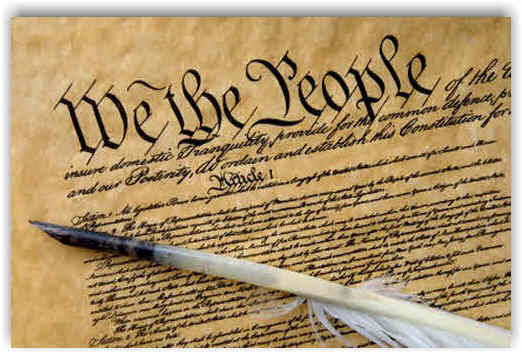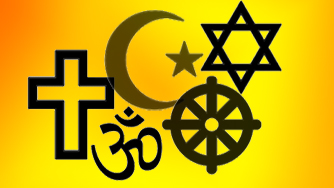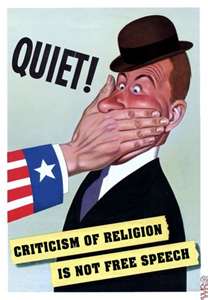 There’s an interesting story making the rounds about the star of a television show called Duck Dynasty. The story seems to engender a great deal of confusion about the First Amendment to the Constitution and the idea of Freedom of Speech.
There’s an interesting story making the rounds about the star of a television show called Duck Dynasty. The story seems to engender a great deal of confusion about the First Amendment to the Constitution and the idea of Freedom of Speech.
The confusion runs so deep that even the governor of Louisiana, Bobby Jindal, apparently has no idea what the Constitution means, and that’s a scary thought. A governor who is totally misguided about the Constitution of the United States!
What happened is that Phil Robertson said some things about homosexuals and blacks that people found offensive. The network where he worked, A&E, suspended him for these remarks. Immediately following the suspension people began to talk about the First Amendment to the Constitution and the concept of Freedom of Speech. They seem to be under the bizarre illusion that you can say anything you want and face absolutely no repercussions. This is in no way, shape, manner, or form the idea of Freedom of Speech.
Depending on what state you work in you can be fired without cause at any time. What do you expect would happen to you if you went up to your boss and told them you paid their spouse five dollars for a sexual liaison down in the alley? Fired! You betcha.
Could you be thrown in jail? No.
That’s the point of the First Amendment and I absolutely shudder in disbelief when someone who is the governor of one of our states apparently doesn’t understand this. When I see comment sections filled by inaccurate statements about the First Amendment it doesn’t bother me too much, it bothers me, just not to the point of writing a blog. A lot of people just aren’t that smart. They have no idea what the Constitution is about nor what Freedom of Speech means.
The pertinent part of the First Amendment reads: Congress shall make no law … abridging the freedom of speech.
What part of that could possibly be unclear? There shall be no laws written to prevent people from speaking freely. Generally this means political speech but it can cover other things. Over the years certain types of speech have been ruled not to be subject to the Amendment. Yelling fire in a crowded theater being the primary example often used.
How on earth can anyone think that A&E is passing a law by suspending Robertson?
Robertson has every right to express his opinion. Those who support him have every right to support him as loudly as they want. Those who oppose him have the same right. However, Robertson is not free from repercussions. This has nothing to do with the First Amendment.
Go on, tell your spouse how fat they are, see how much the Constitution protects you from the wrath that follows.
I absolutely support Robertson’s right to say whatever he believes. I support A&E’s right to suspend whoever they want, it’s their network. I applaud Robertson for stating his mind. Now he has to live with the consequences of that decision, good or bad. It has nothing to do with Freedom of Speech.
My advice to Governor Jindal and everyone else who is foggy on the First Amendment? Read the Constitution, good stuff there.
Tom Liberman

